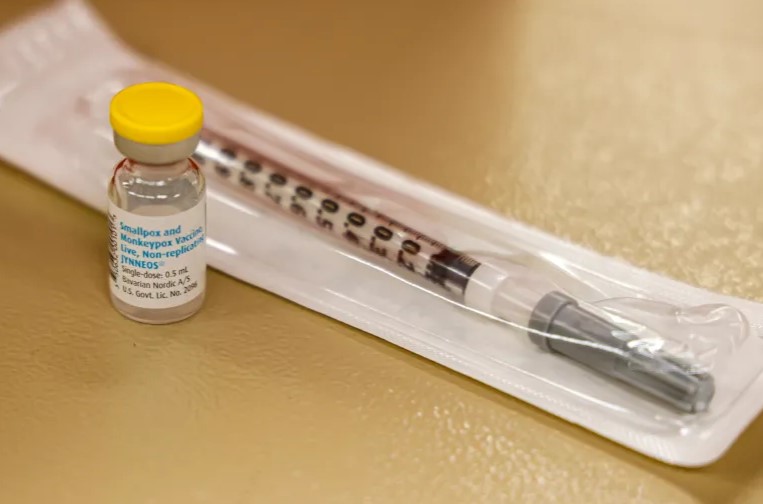
In a significant development, the World Health Organization (WHO) has ended the 10-month-long global health emergency for mpox, a viral disease that had caused confirmed cases in over 100 countries. The disease was declared a public health emergency of international concern (PHEIC) in July 2022 and backed by the WHO in November and February. However, the emergency status for the disease has now been lifted based on the recommendation of the organization’s emergency committee that met recently. WHO Director-General Tedros Adhanom Ghebreyesus announced the decision, stating that falling case numbers worldwide prompted the move. He added that the disease still posed a threat, especially in regions of Africa where it has been prevalent for an extended period.
Tedros highlighted that while the emergency status had been lifted, it did not mean that the work was over, as mpox remained a health risk. The WHO’s emergency committee on mpox, led by Nicola Low, echoed Tedros’s sentiments, stating that there was a need to transition to a strategy focused on managing the long-term public health risks of mpox rather than relying on emergency measures. Low proposed that mpox response and preparedness should be included under national disease surveillance programs such as those for HIV and other sexually transmitted infections.
The WHO chief also noted that almost 90 percent fewer mpox cases were reported in the past three months compared to the same period before that. According to the WHO’s latest report, over 87,000 mpox cases have been confirmed globally from the beginning of 2022 through May 8 this year. However, the organization remains concerned about African countries that have been grappling with mpox long before the global outbreak began and could continue to face the disease’s challenges.
Speaking about the decision to end the emergency status for mpox, Tedros said, “This is an important milestone in our fight against mpox, but as with COVID-19, that does not mean that the work is over. We need to continue to work together to monitor the situation closely, share data, and collaborate on research to improve our understanding of this virus and its impacts on people’s health and well-being.”
The decision to lift the emergency status for mpox comes just a week after the WHO declared that COVID-19 no longer constituted a PHEIC, its highest level of alarm. Both diseases had been declared as PHEICs in July 2022, and the WHO had subsequently renewed the designation multiple times. However, falling case numbers, increased vaccination rates, and better disease management strategies have led to the emergency status being lifted.
The WHO’s decision to end the emergency status for mpox has been welcomed, but experts caution that the disease must continue to be monitored closely. Dr. Mary Stephen, an epidemiologist at the Nigeria Centre for Disease Control, said, “The decision to end the emergency status for mpox is a good one, but we must continue to monitor the situation and be prepared to respond if needed. We need to focus on prevention, early detection, and effective management of cases to keep the disease under control.”


